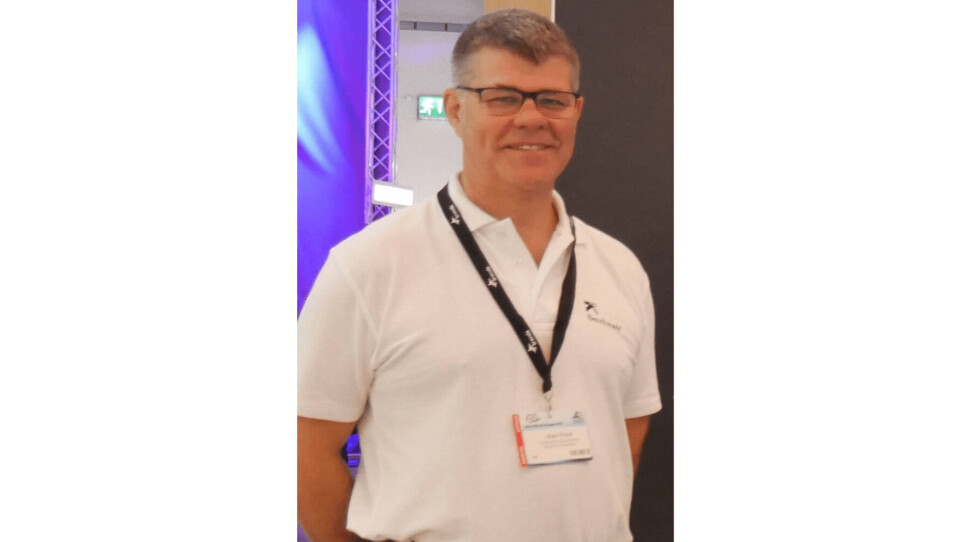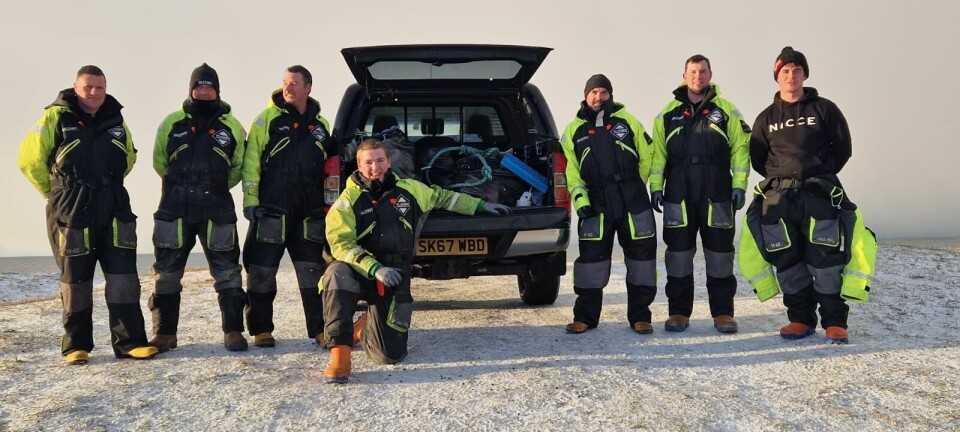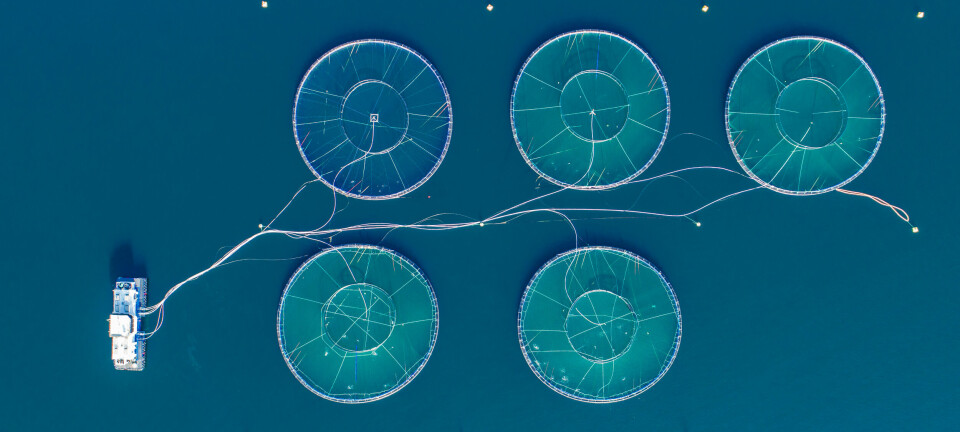
Looking back, thinking ahead: Alan Tinch
Fish Farming Expert has asked well-known figures in the Scottish salmon farming industry about their high and low points of 2019, and what they hope for in 2020.Today we feature Alan Tinch, technical services director for Benchmark Genetics Ltd.
What was your best moment / occasion of 2019?
One of the best parts of my job is having the chance to look at new developments in aquaculture. The global salmon industry is seeing strong growth in the recirculating aquaculture system (RAS) sector. I was lucky enough to visit a major new RAS producer in the USA who is a customer of Benchmark Genetics. I was struck by the scale of the operation, and realised that the industry has a major opportunity for expansion using RAS. Provided, of course, that specialists from different disciplines in aquaculture - engineers, farmers, biologists, vets, nutritionists and geneticists - work together to develop solutions that ensure optimum conditions for the fish at each stage of the lifecycle.
And what was the worst?
A growing realisation that the political climate may prevent movement of people between countries to share experience and develop their careers. Our industry benefits greatly from movement of people between regions. Young aquaculturists are educated in centres of excellence around the world. Technologists and managers move from region to region to share their experiences and transfer skills. We should continue to encourage such an exchange of knowledge because we all benefit from having a broader view of the challenges we face.
What’s the one thing you’d most like to see happen to benefit salmon farming in 2020?
Improve sustainability of aquaculture by putting the fish at the centre of everything we do. As we work in Benchmark on new approaches and technology to improve fish farming we need to focus on the needs and requirements of the animal to ensure optimum health and welfare. Processes that place animals at the centre will produce salmon and other fish that have good health and welfare and meet consumer expectations.
Monday: Selina Stead, head of the Institute of Aquaculture, University of Stirling, Scotland.




















































